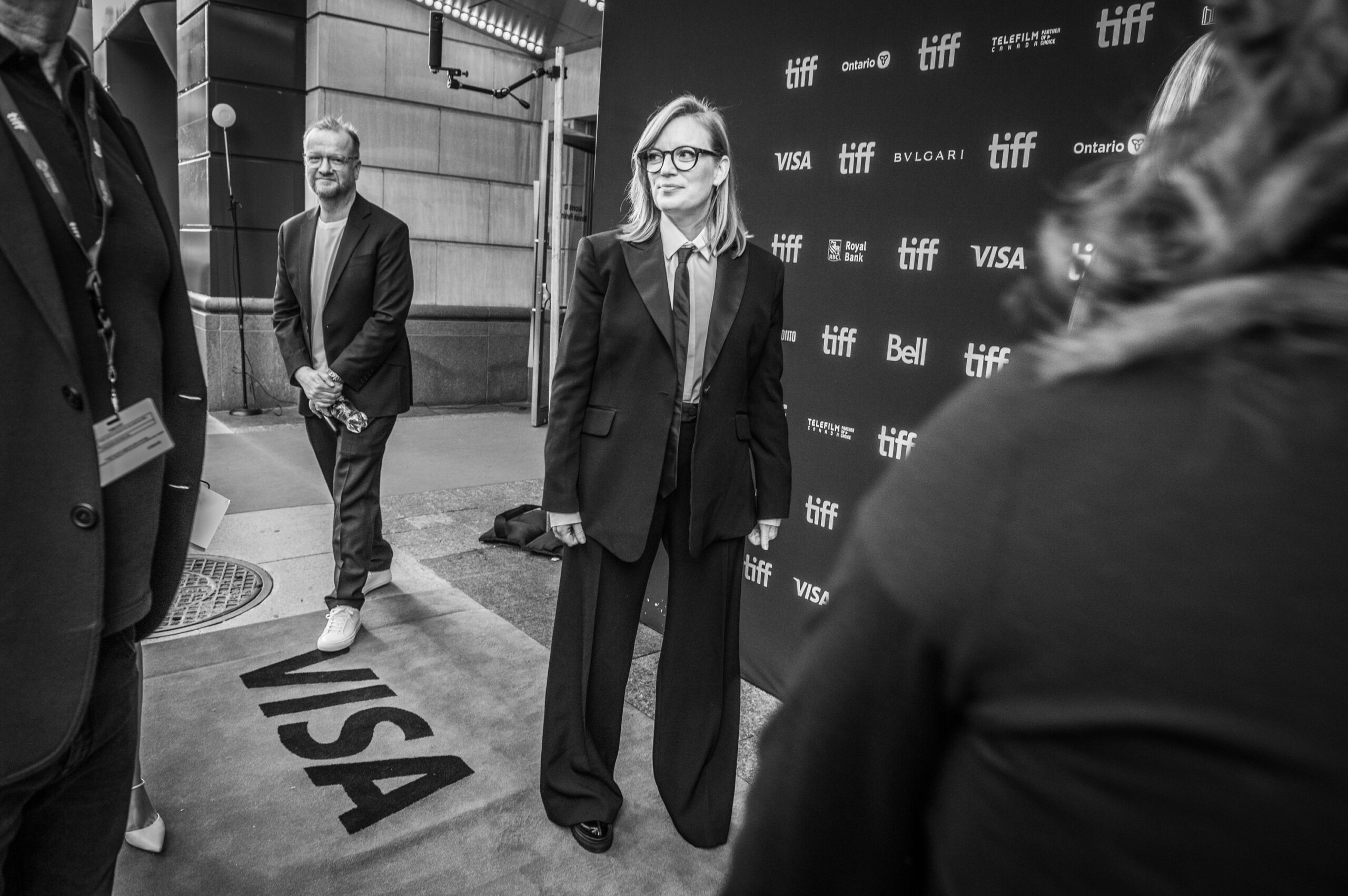It’s been three days since Toronto writer and director Sarah Polley ran up on stage to receive her Academy Award for Women Talking, and women everywhere (especially us Canadians) are still smiling about the triumph. What does the exciting moment mean when we consider it within the context of #MeToo? The film is undeniably beautiful and compelling, but if you zoom out, there’s a bigger story behind this well-deserved win about an industry that hasn’t lived up to its promises, and a general population with a waning interest in women’s issues.
In recent years, many have questioned whether the #MeToo movement was in fact the watershed moment we had hoped it to be. In the lead up to the Academy Awards, Globe & Mail film critic Johanna Schneller blasted the industry for its shortcomings in her powerful piece Oscars 2023: The #MeToo movies movement that wasn’t. In it, Schneller outlines how awards are great, but box office numbers are the true measure of influence. What they currently indicate is that audiences don’t really care about watching movies that explore #MeToo.
“Women are talking, but is anyone listening any more?” Schneller asks, before laying out a disturbing truth.“ Tár has earned US$16.8-million worldwide; She Said US$13.8-million; and Women Talking just US$6.2-million. It seems that moviegoers prefer women screaming (Cocaine Bear grossed US$28-million in its first weekend), whoo-hooing (80 for Brady has earned US$37-million), gyrating with strippers (Magic Mike’s Last Dance, US$48-million), or as a murderous doll (M3GAN, US$172-million).”
Beyond the story that box office numbers reveal, Schneller names several men whose careers have remained unscathed, despite being accused of assault. “Many men accused of sexual misconduct are the opposite of cancelled,” she writes. “In May 2018, a poll conducted by Morning Consult revealed that for most North Americans, knowing that an actor was accused of sexual misconduct would not change their viewing habits. Fifty-seven per cent of respondents cared as much about the impact on an accused man as on an accuser.” A point made abundantly clear with the Johnny Depp v. Amber Heard trial; where Depp was continuously lauded and Heard continuously (and viciously) mocked. Depp will star as King Louis XV in the upcoming Netflix film La Favourite, scheduled to release later this year. How quickly he went from disgrace to royalty.
As someone who grew up in the entertainment industry, and came of age in the late nineties, Polley was no stranger to abusive power dynamics perpetuated by older men. In 2017, Polley became a formidable voice in the #MeToo movement when she wrote an op-ed for the New York Times titled The Men You Meet Making Movies, where she bravely shared what it was like to work with convicted rapist Harvey Weinstein when Miramax was in its heyday. In her deeply affecting memoir Run Towards the Danger, Polley shares about other traumatic experiences, including a sexual assault by Jian Ghomeshi, and her difficult (but very understandable) decision to not come forward during his trial in 2016.
Women Talking is based on the repeated abuse inflicted upon the girls and women of a remote Mennonite community, but it’s a story that women everywhere will relate to. Polley’s decision to tackle it is also a response to #MeToo, her way of diving into the difficult subject matter… addressing the thoughts, feelings, and questions that were swirling inside her own head in the weeks, months, and years following #MeToo.
Both her and Frances McDormand (who produced and stars in Women Talking), were grateful that Miriam Toews’ book explored the issues raised by #MeToo in a way that honours the complexity and nuances of women’s experience: how do we survive, heal, move on? What are the paths forward? “I read it shortly after it came out and just found myself lost in it,” said Polley. “Miriam talked about the questions and wanted to raise these questions and I just lived inside those questions so intensely after reading the book.”
When accepting her Oscar, Polley pointed out the very hypocrisy of the industry that Schneller wrote about when she quipped, “I just want to thank the Academy for not being mortally offended by the words “women” and “talking” put so close together like that.” Or as Film Experience wrote, “Polley knew the gravity of the moment and she delivered it with sleek humor. A biting acknowledgment to Oscar’s usual aversion to female-centered stories.”
Watching the momentum of #MeToo fizzle has been difficult, but historic moments like Polley’s win provide hope—if not for the immediate future, for the next generation. “The last line of our film is delivered by a young woman to a new baby and she says, “your story will be different from ours”. It’s a promise, a commitment, and an anchor and it’s what I would like to say with all of my might to my three incredible kids Eve, Isla, and Amy as they make their way through this complicated, beautiful world.”



 Follow Us On Instagram
Follow Us On Instagram
